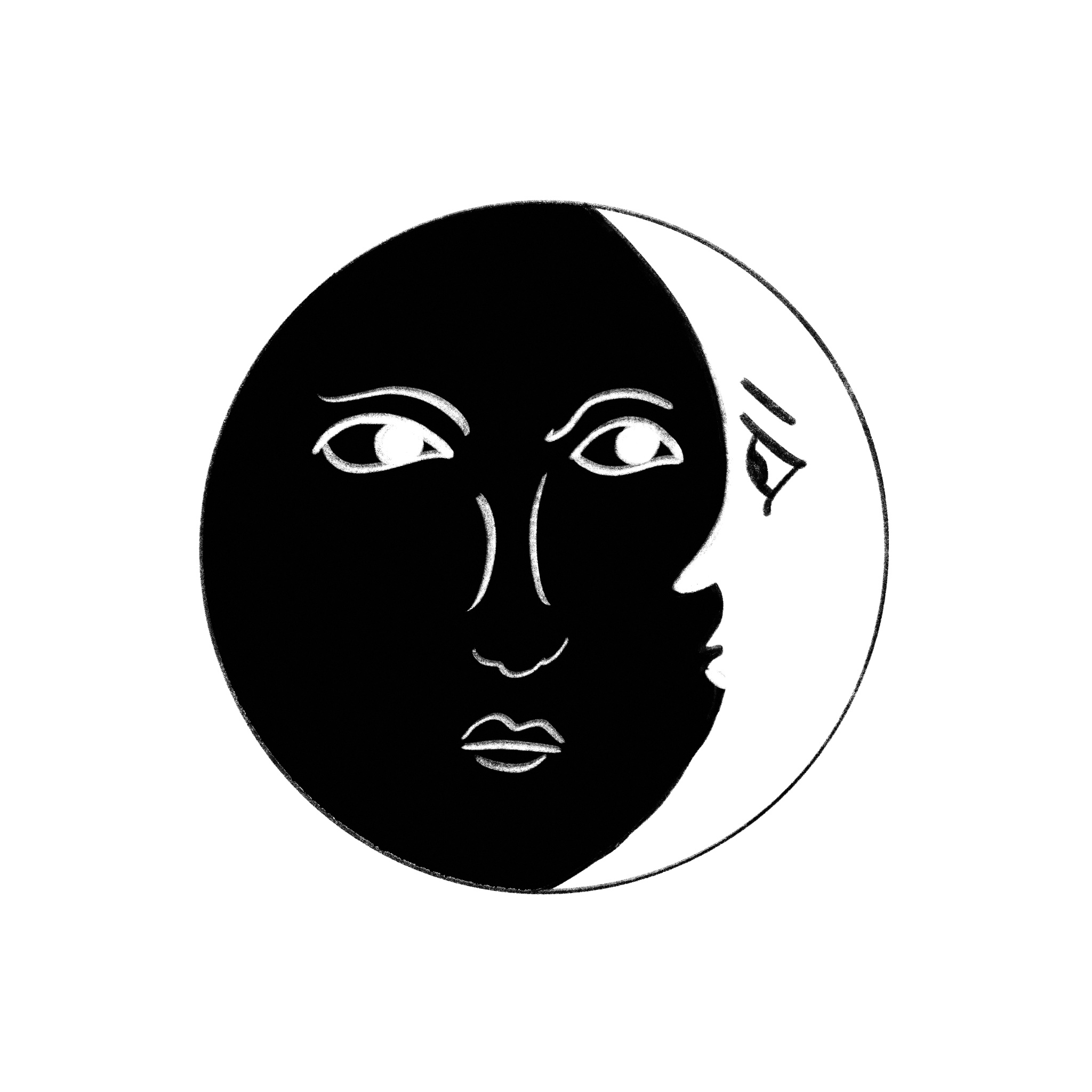Comparisons are odious
March 28, 2025
 This
piece represents the opinion of the author
.
This
piece represents the opinion of the author
.
 Henry Abbott
Henry AbbottWhat is living a life of principles if not making a series of comparisons? In determining that some lifestyle confers greater benefits on oneself than another, one must compare the two lifestyles, weigh their virtues and vices and choose a winner. I’ve chosen a winner: Live a life of principles.
Yet, as one of the cornerstones of my paradigm of comparisons, I assert that comparisons are odious. If so, comparisons cannot be odious-in-themselves because an assertion of that kind leaves one in a sort of Liar’s Paradox. By odious-in-themselves, I mean that a comparison itself is odious, that by its nature of being a comparison, it possesses the attribute of odiousness regardless of its consequences or context. We must recognize the maxim as a directive: Do not make comparisons. But, in asserting that comparisons are odious-in-themselves, one makes a comparison (namely, the comparison to the better condition of not making comparisons). Thus, if “comparisons are odious-in-themselves” is true, then the maxim is odious and likely ought not be followed. If “comparisons are odious-in-themselves” is false, then the maxim is odious and likely should be followed. What a mess!
It is this confusion that elucidates the maxim’s force. To untangle, one must see that, if not in themselves, comparisons are odious because they are untrue.
I stumbled upon this maxim in Jack Kerouac’s “Dharma Bums” where Kerouac quotes Cervantes’ infamous “Don Quixote.” It is one of Kerouac’s protagonist’s own guiding principles; Japhy displays an unyielding acceptance of any and all circumstances and approaches lunacy in doing so. These words became a buttress to my faith in the Path. Sometimes things really are simple. Don’t just decide that things will work out; decide that this—whatever this may be right now—is the working out itself. Therein lies a precious reminder that it is both really good to be halfway up the mountain and really good to have summited it.
So, I believe we’ve solved it. Comparisons are odious, not because they are comparisons, but because to entertain them is to indulge a lie. That is, there are really no comparisons to make. To attempt a comparison is to subscribe to a conception of life that is a series of achievements and best-case scenarios, realized or unrealized. This is the real lunacy.
The lie is odious for the normative reason that it prohibits one from appreciating one’s life in non-peak moments—efficiency-oriented living. It is also odious by way of metaphysical improbability. What would this conception mean for personhood? That the self can be distilled into a set of goals encoded into one’s person at birth, life being the striving and the outcomes of the striving—a sort of video game written into the stars? The possibility is, at my most charitable, strange.
Adhering to a worldview in which comparisons are odious means welcoming the idea that to be halfway up the mountain is to be nowhere at all. There is no halfway; there is you at some perfect spot on some glorious mountain. Through this, I have discovered a true phenomenology of freedom. How one is in the world—one’s body and conscious experience—is all one is in the world. There is no latent purpose being repressed, no potential being wasted and no regret to be groveled to.
I don’t mean this as a facile “choose happiness.” There are hairy consequences of accepting this maxim, namely, a prima facie inability to pass judgment. Bad things do happen. Take a massive wildfire, for example. That is a bad thing; it is even something I would go so far as to say that things would be better had it not happened. What is so odious about that?
First, it is not clear what those “things” that would be better refer to. They can be nothing more than pure illusion. Second, such thoughts tend to give way to wishing that something had not happened. These wishes give credence to a false utopia, to the illusory “things.” One must be able to witness tragedy and call it such without wishing it away. Maxim Three calls us to be bigger containers—ones that can hold tragedy and heartache without collapsing under their weight and without temptation to lament the utopia we were denied. Resilience does not spawn from the impossible directive to “choose happiness” but from the hard-earned ability to cradle sorrow without succumbing to it.
A simple and slippery truth underlines all of this: All that is is all we’ve got. It’s all we have access to and all the life we’re going to get. Comparison to something else—something which is not—is a fairly gargantuan act of life-denial. I will leave you with an excerpt from Nietzsche’s 276th Aphorism in his “Gay Science” and an aspiration for my 22nd year: “I want more and more to perceive the necessary characters in things as the beautiful: I shall thus be one of those who beautify things.”

Comments
Before submitting a comment, please review our comment policy. Some key points from the policy: